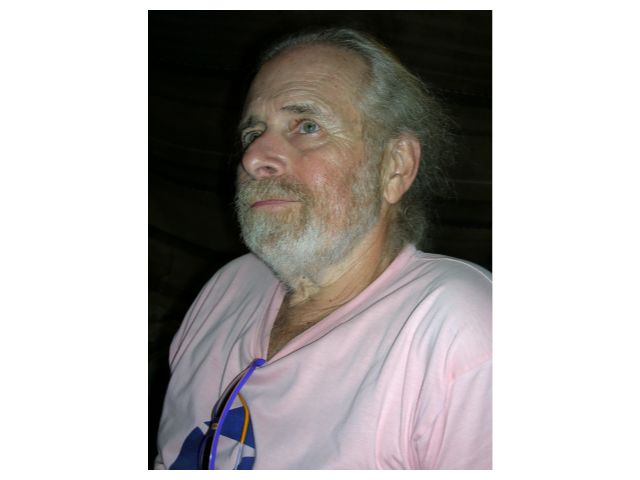Nearly all physicians work for corporations that require them to take COVID vaccine shots. Most will be reluctant to tell their patients about their vaccine doubts. Also, most do not have the time to study the medical literature about the many negative aspects of the vaccines. Now comes a survey with some interesting findings.
Levels of vaccine hesitancy among physicians seem higher than expected, with 1 in 10 primary care doctors not believing that vaccines are safe, according to a new survey.
Among 625 physicians, 10.1% did not agree that vaccines were safe; 9.3% did not agree that vaccines were effective; and 8.3% did not agree that they were important, Timothy Callaghan, PhD, of Texas A&M School of Public Health in College Station, and colleagues reported online in Vaccine.
The high proportion of hesitancy among primary care doctors "was certainly a surprise for us," Callaghan said. "We thought it might be a very small proportion of physicians who hold hesitancy about vaccines given that we have lots of evidence of the safety and effectiveness of vaccines. [Talk about bias!] However, once we dug into the data, we found that concerns about vaccines in general were far more widespread in the physician population than we might have expected."
Confidence in vaccines among physicians was still higher than in the general public, as were rates of COVID-19 vaccination, with only 5.2% still unvaccinated at the end of the survey in May 2021. But high levels of vaccine uptake among doctors could have more to do with employer regulations or perceived risks of their workplace environment, Callaghan said. Indeed, nearly all doctors work for corporations that have required vaccine shots.
The research project was inspired by Callaghan's own experience with one of his doctors who was not vaccinated and tried to dissuade Callaghan from COVID vaccination. Few of us have had that experience!
"It wasn't my primary care physician, but another one of my doctors realized that I studied issues related to vaccine hesitancy, and over the course of multiple visits, tried to convince me that COVID-19 vaccines weren't safe and weren't worth it," Callaghan said. "It made me question whether this was a one-off, or if we have an actual issue on our hands."
Callaghan and colleagues conducted their survey from May 14 to May 25, 2021, among 625 physicians in family medicine, internal medicine, or general practice. They were asked how strongly they agreed with questions about safety, effectiveness, and importance of vaccines, among other factors.
Only 67.4% strongly agreed that vaccines are safe, just 75% strongly agreed they are effective, and only 76% strongly agreed they're important, the researchers found. Good, but not good enough.
"As surprised as we were about the 1-in-10 piece, we were equally if not more surprised by the proportion of physicians strongly agreeing that vaccines in general are safe," Callaghan said, anticipating that it would have been far higher. Guess there are doctors who see the truth.
In further analyses, Callaghan and colleagues found that higher levels of political conservatism were negatively and significantly associated with agreeing that vaccines are safe. In other words, the more conservative docs saw the truth. They also found those who had COVID-19 were significantly less likely to believe that vaccines are safe.
The team saw similar results for belief in vaccine effectiveness: physicians who were more liberal were more likely to strongly agree that vaccines are effective compared with those who were more conservative.
"Conservatives (in the public) with vaccine hesitancy, served by physicians who share their political views, may therefore miss out on opportunities to be presented with information about the benefits of vaccination; especially in rural areas where both hesitancy and self-identification with right-leaning political views are particularly high," the researchers wrote. More pro-vaccine bias.
While political affiliation did appear to play some role in beliefs, Callaghan noted a wider problem that might be at play. "There's not that much training on vaccines and vaccinology... in medical school," he said. "Most medical students aren't exposed to in-depth discussions of virology to have those strong opinions.
"And given the clouded information environment that surrounded COVID-19 in particular, and increasingly, vaccines in general, it remains possible that [physicians] are just relying on what they're hearing in the news and the misinformation that's out there, as opposed to best scientific evidence," he said. The bigger truth is that most docs do not spend time examining medical research data.
The survey also asked specifically about confidence in COVID-19 vaccines and found physician confidence split by vaccine type. While 68.7% were very confident in the safety of the Moderna vaccine and 72.7% were very confident in the safety of the Pfizer vaccine, only 32.1% were very confident in the safety of the Johnson & Johnson vaccine.





